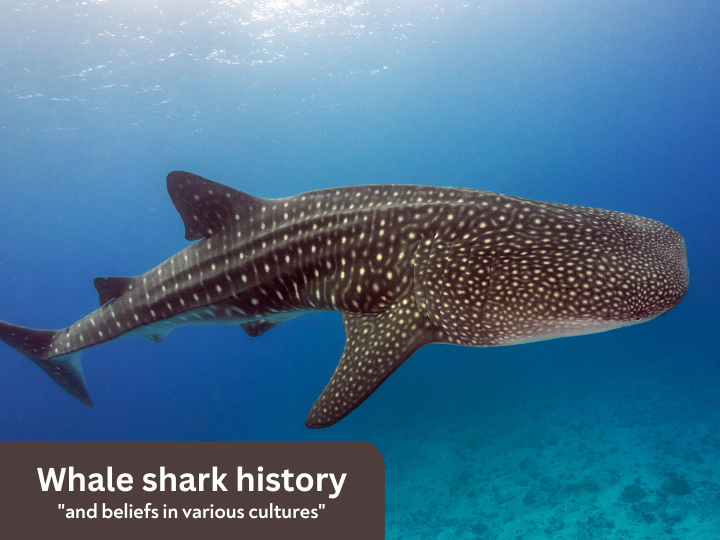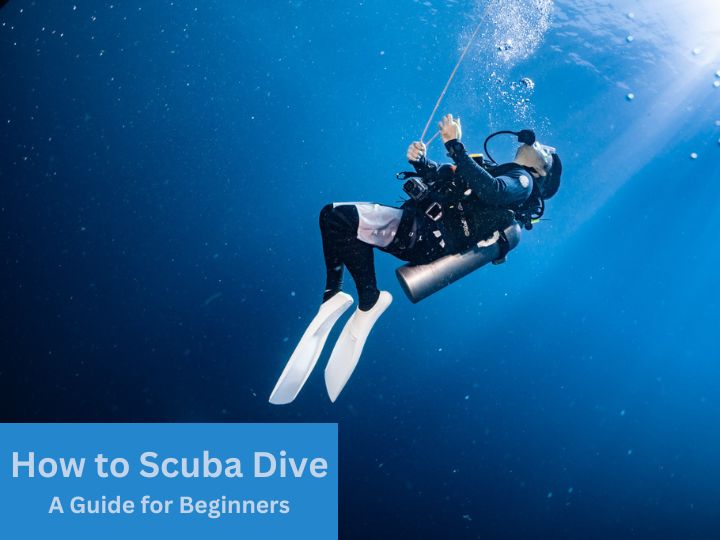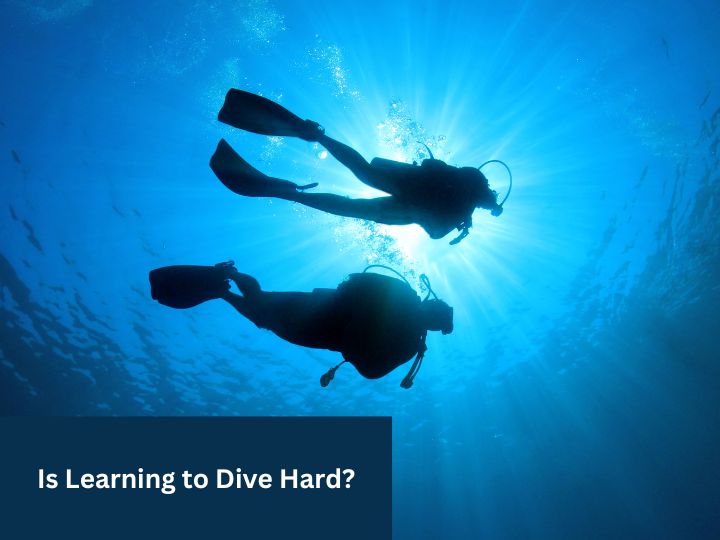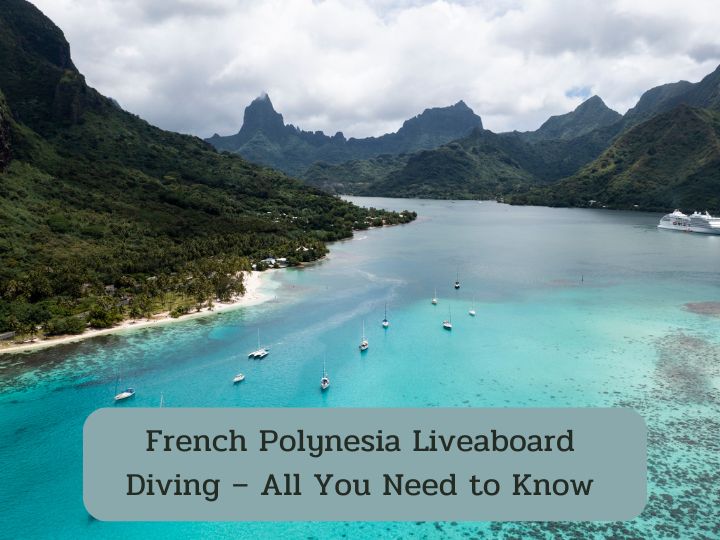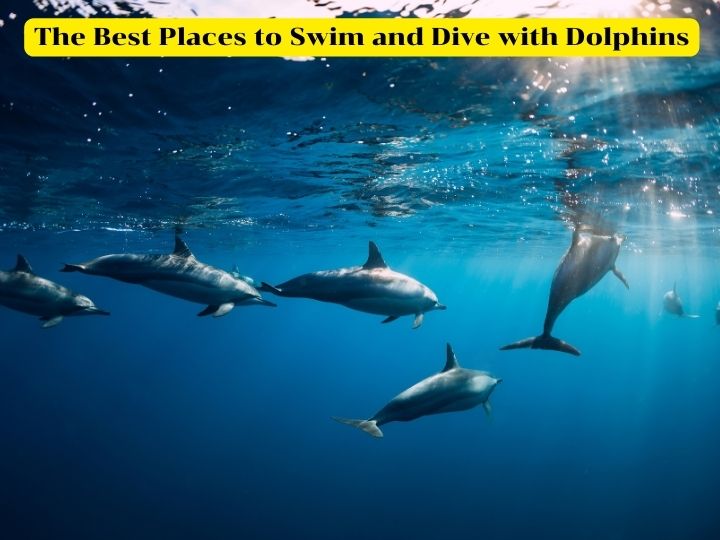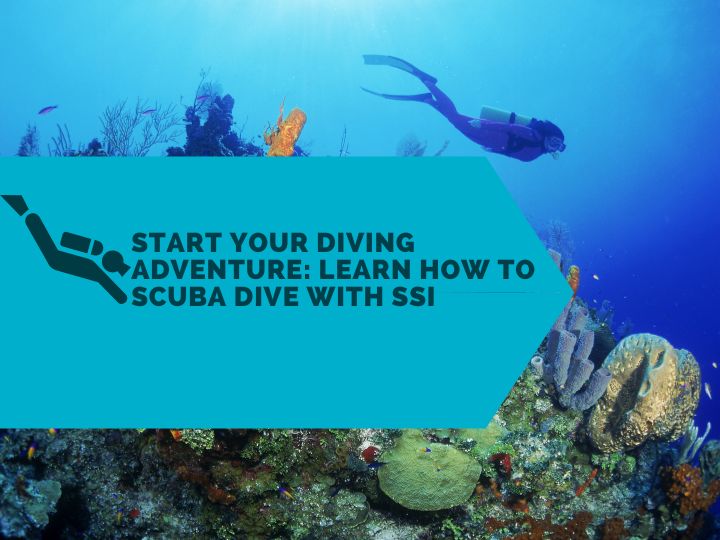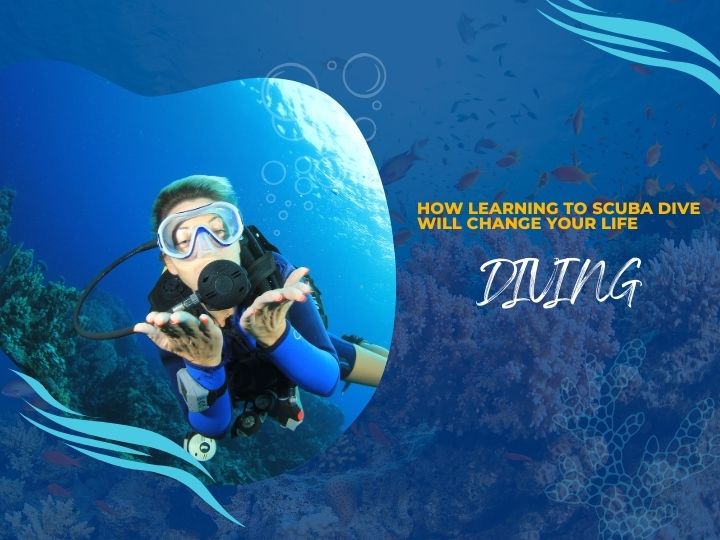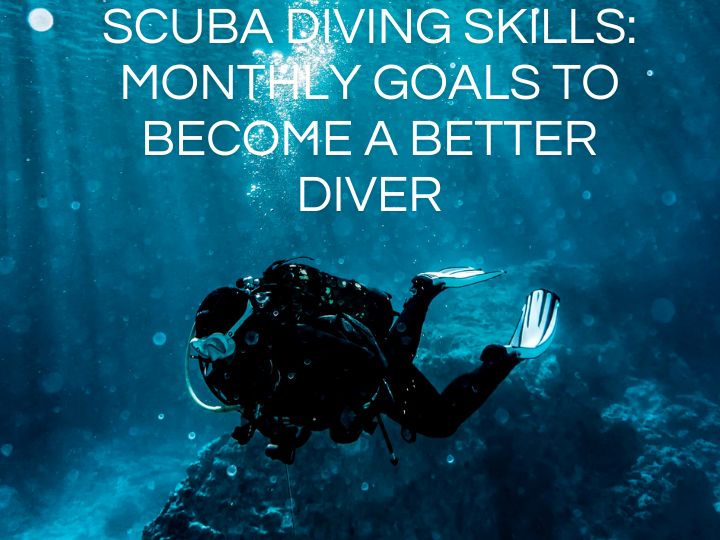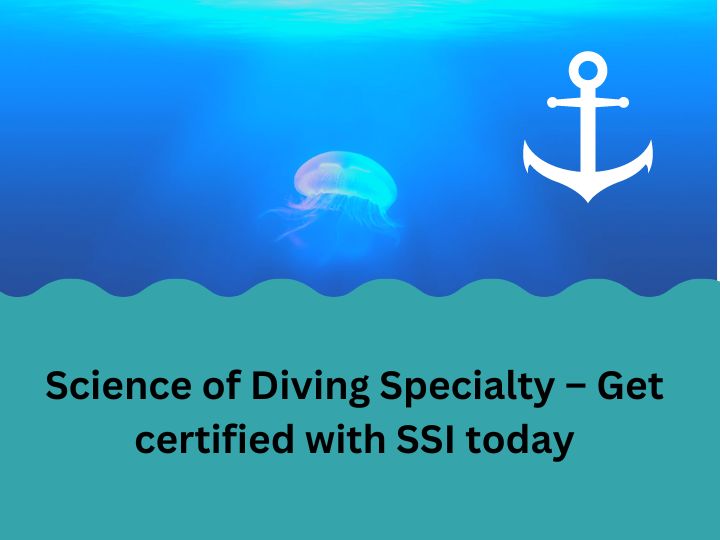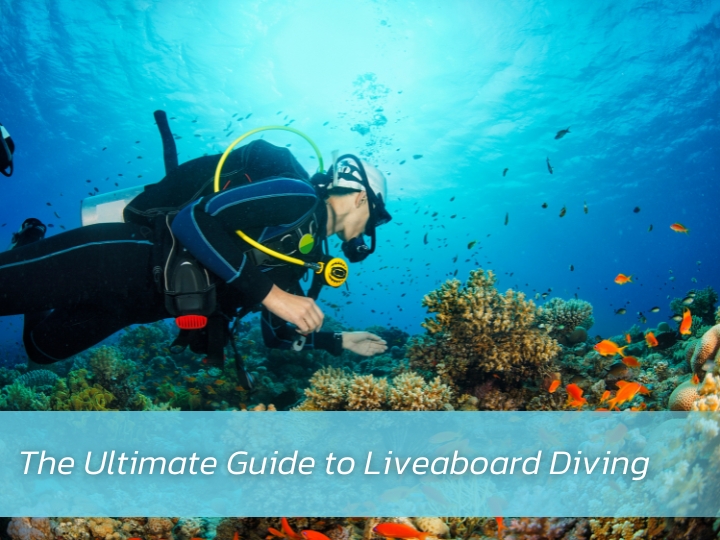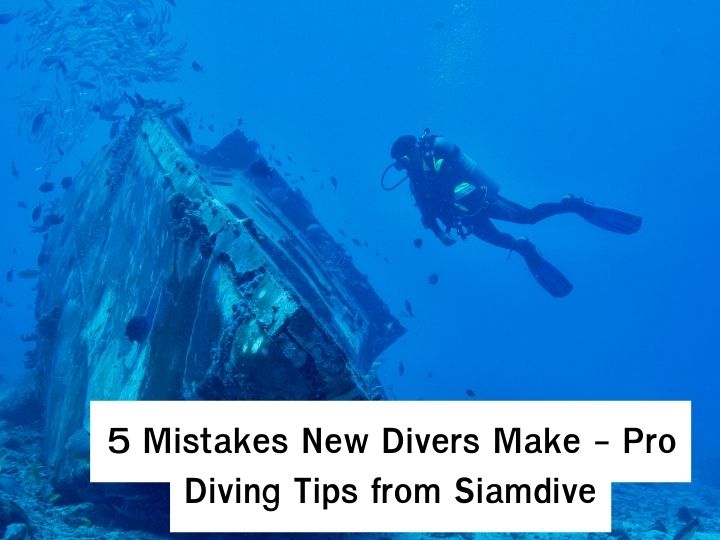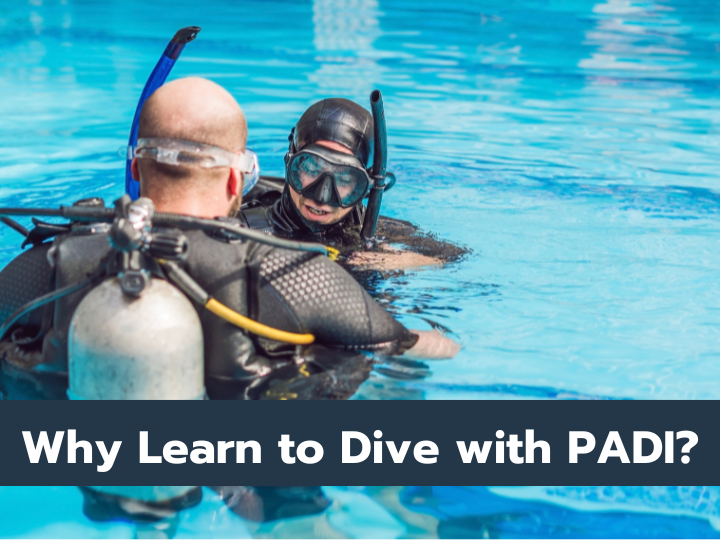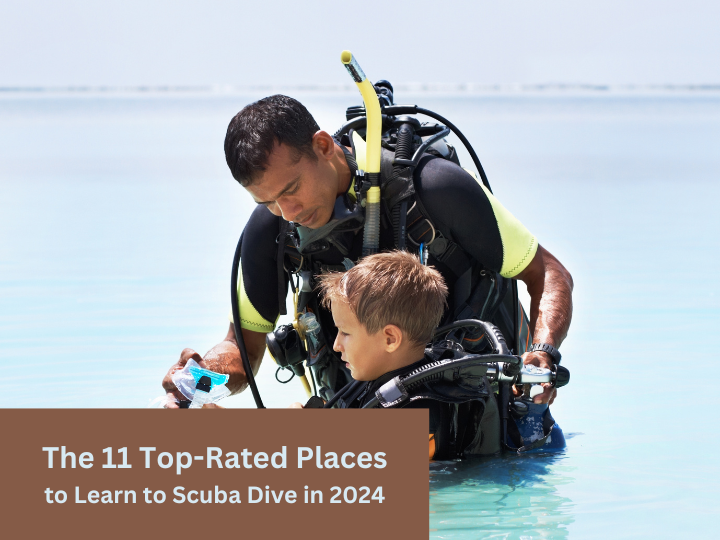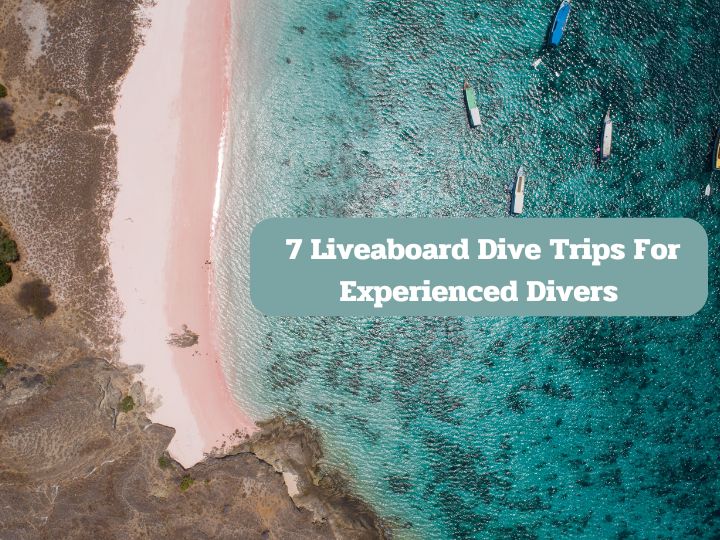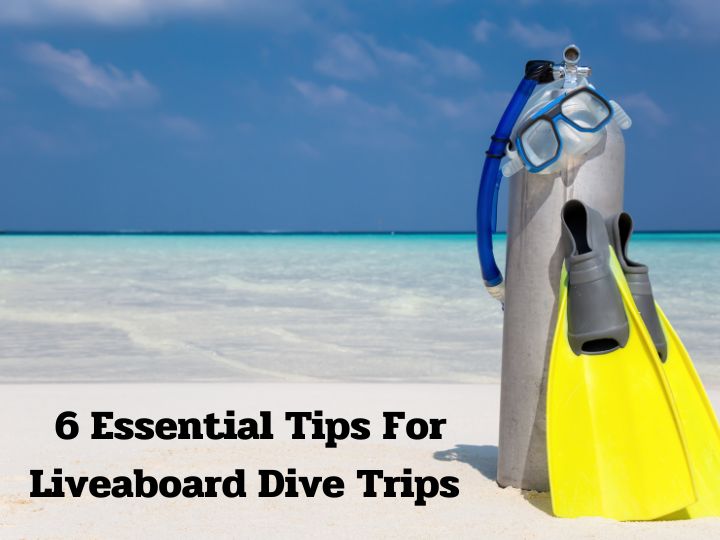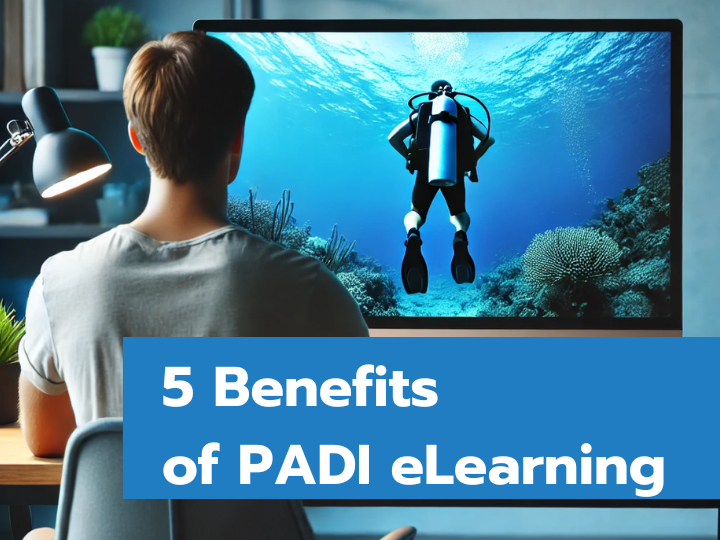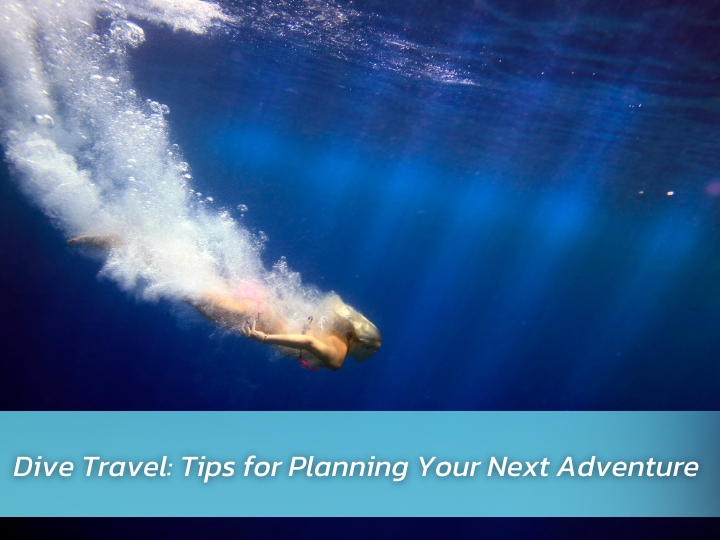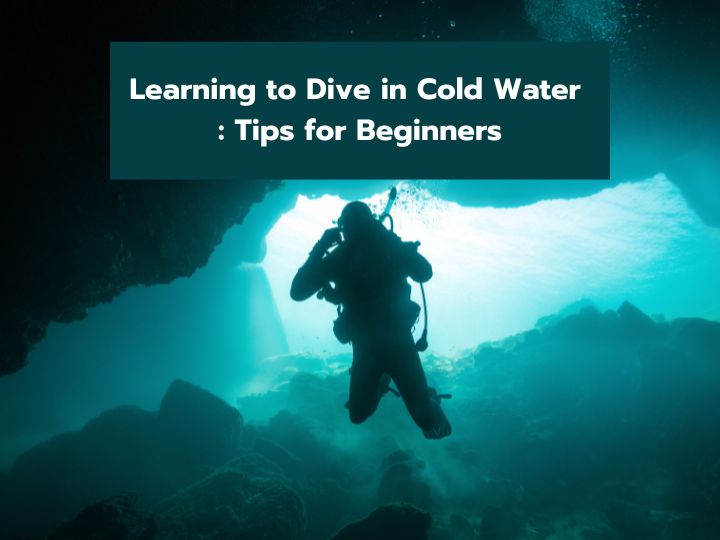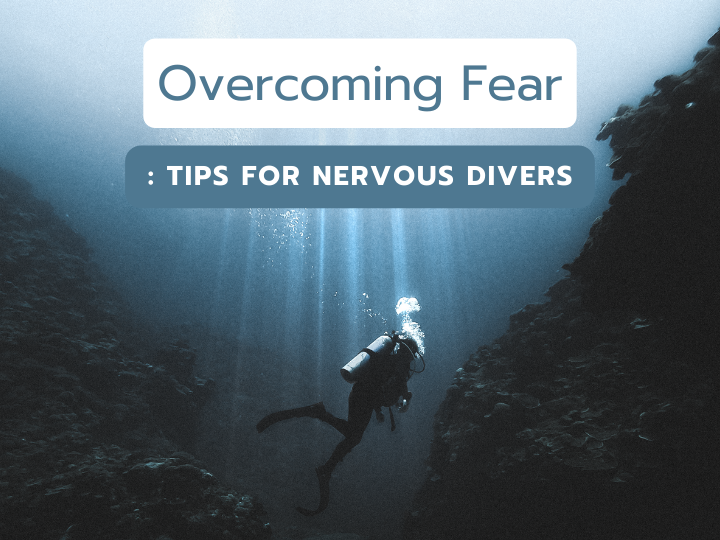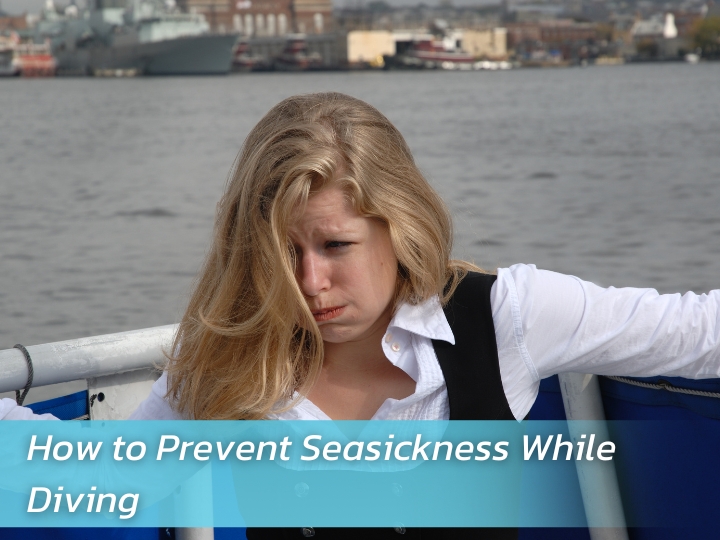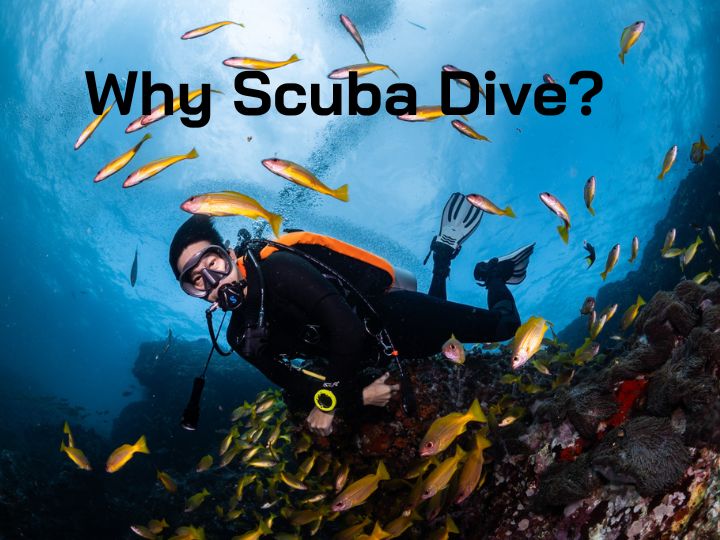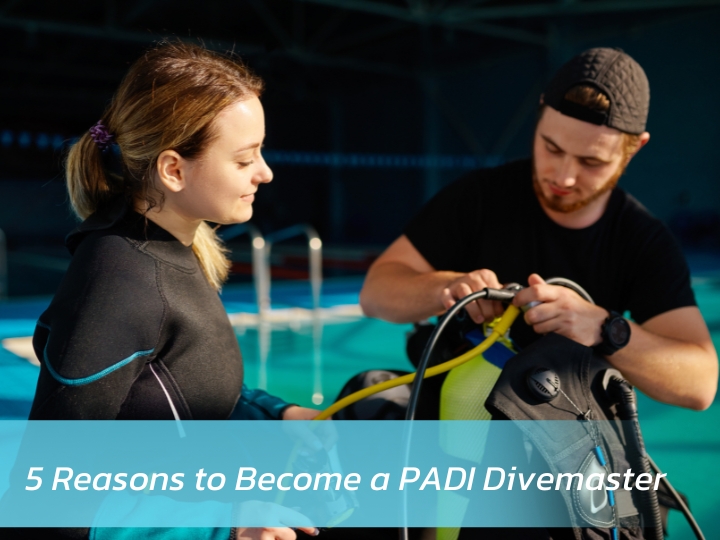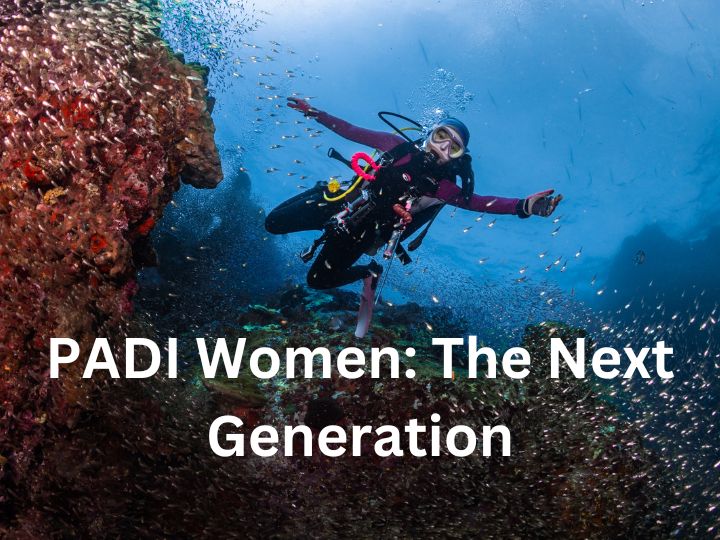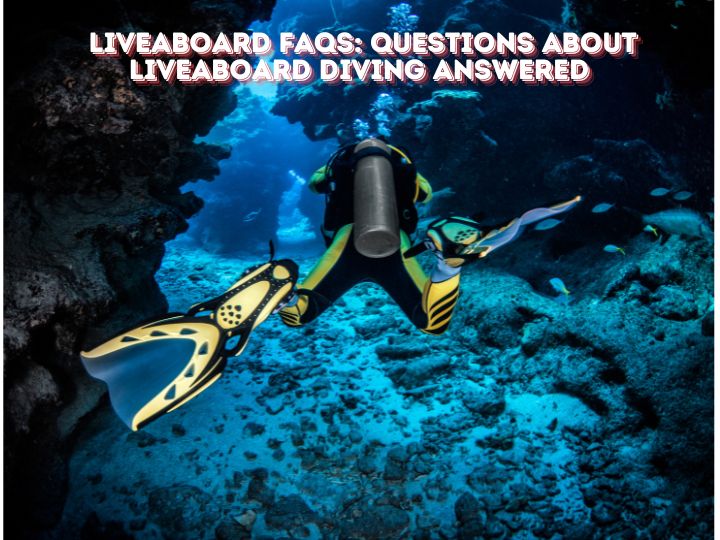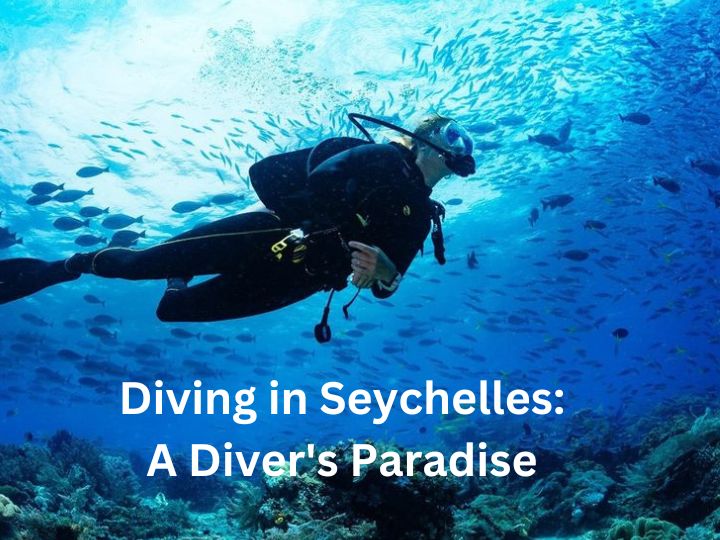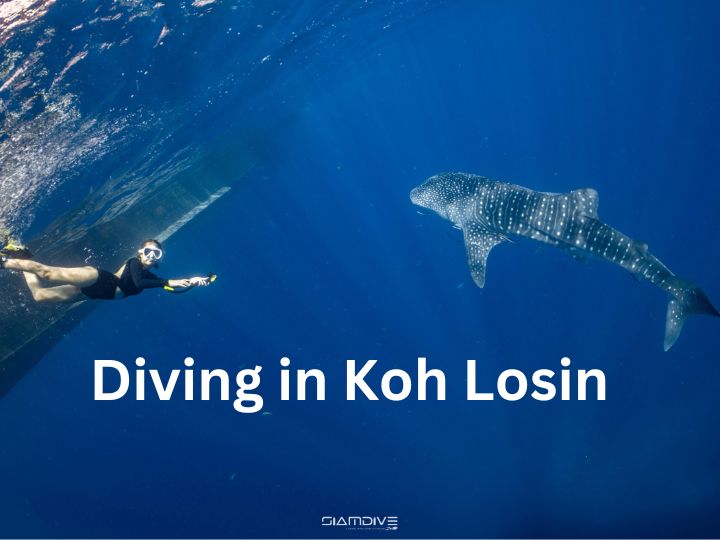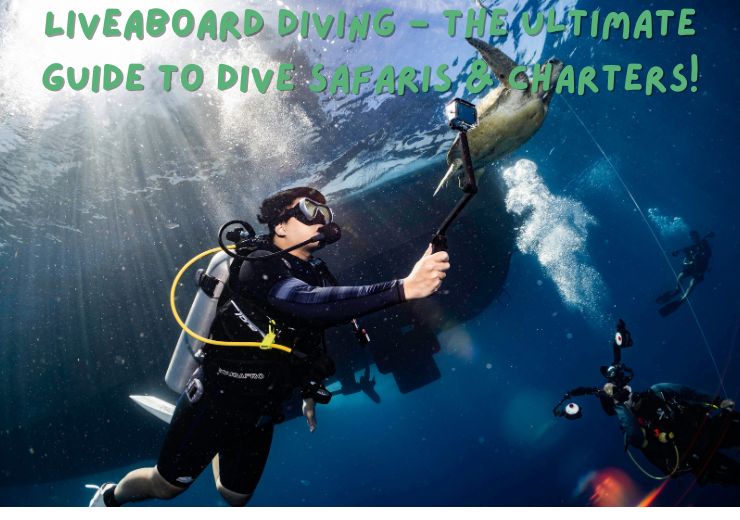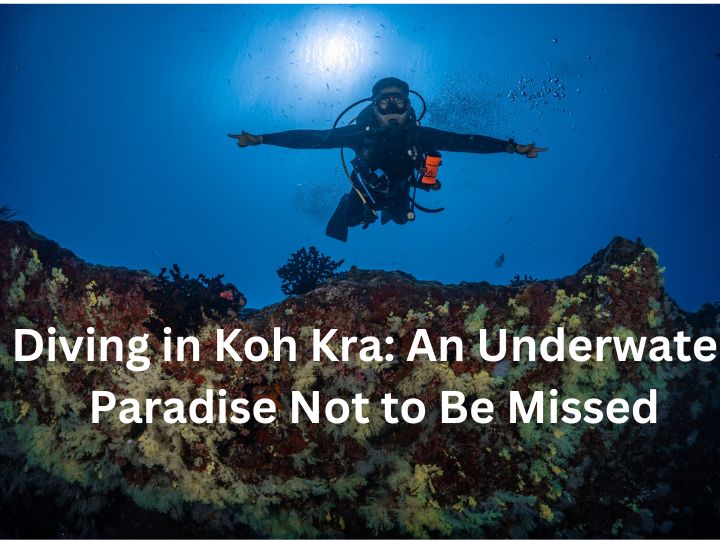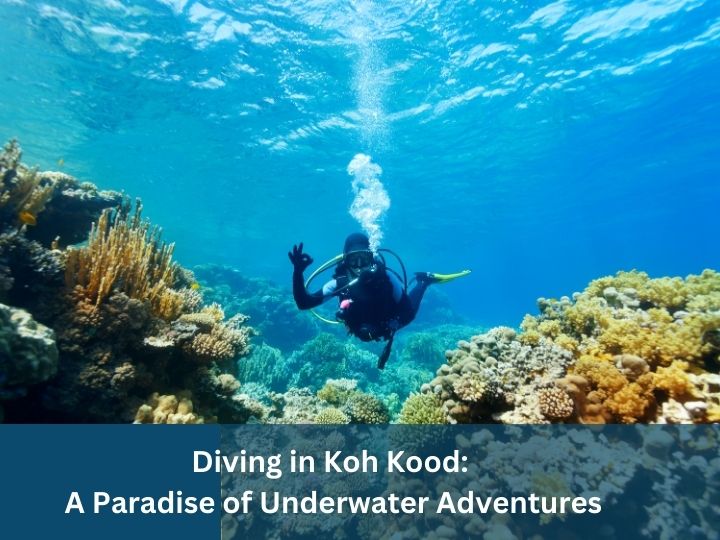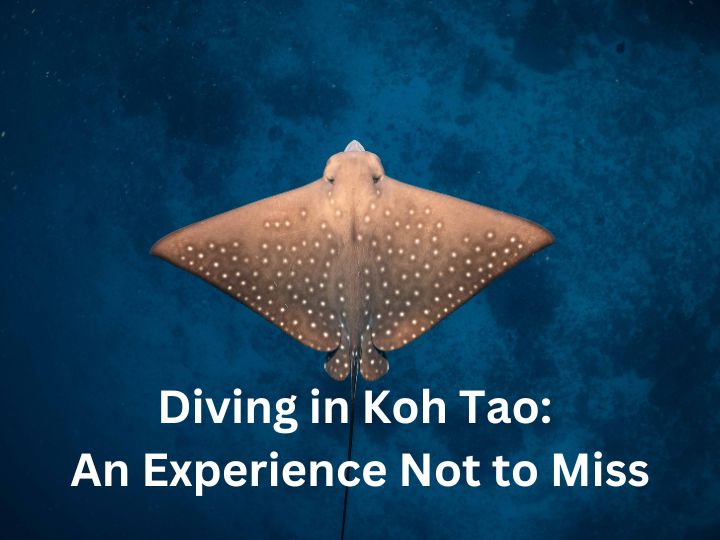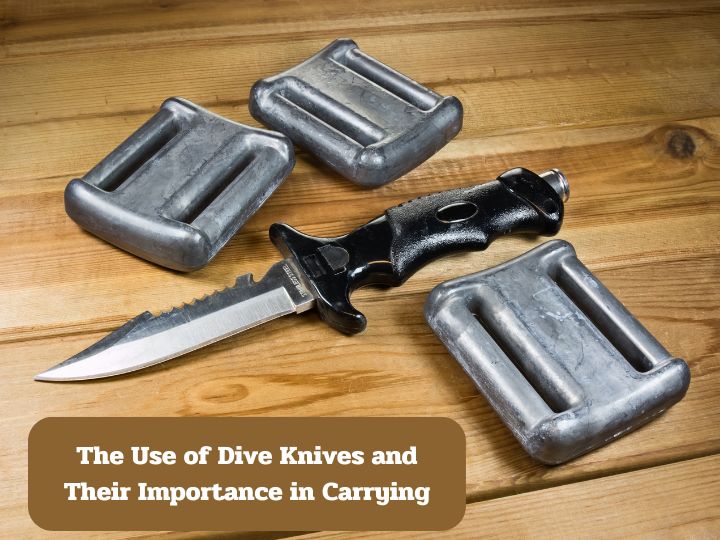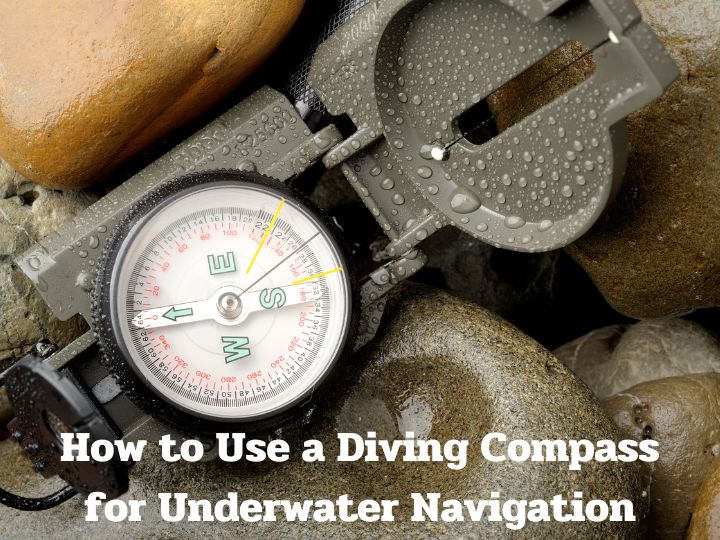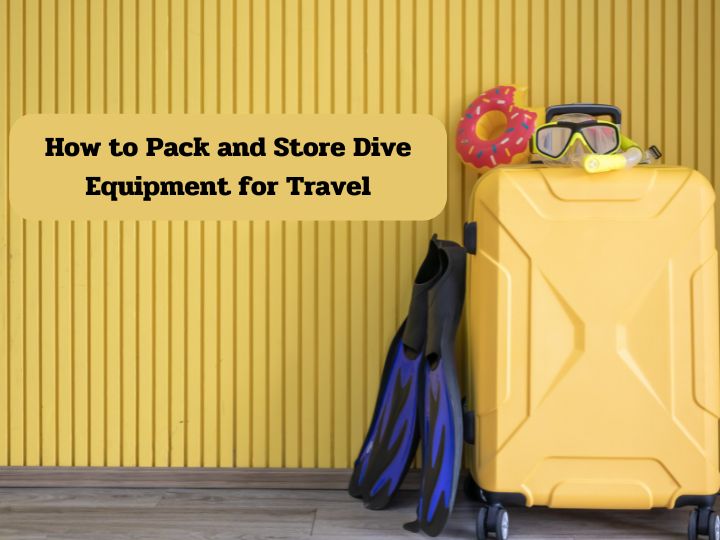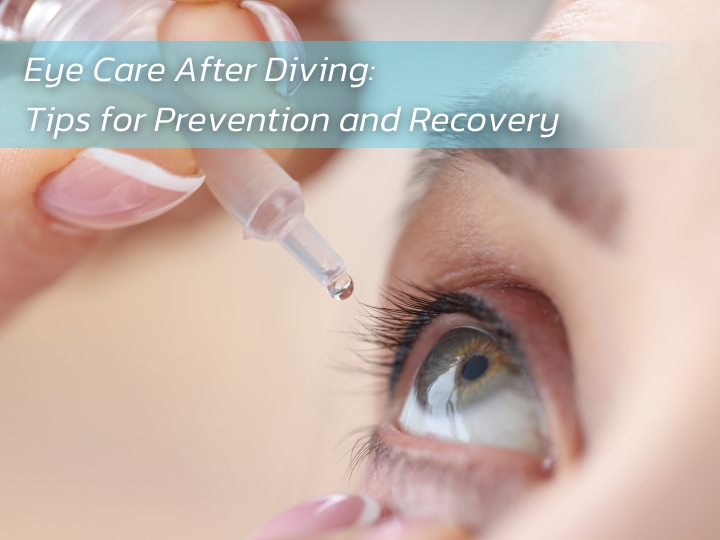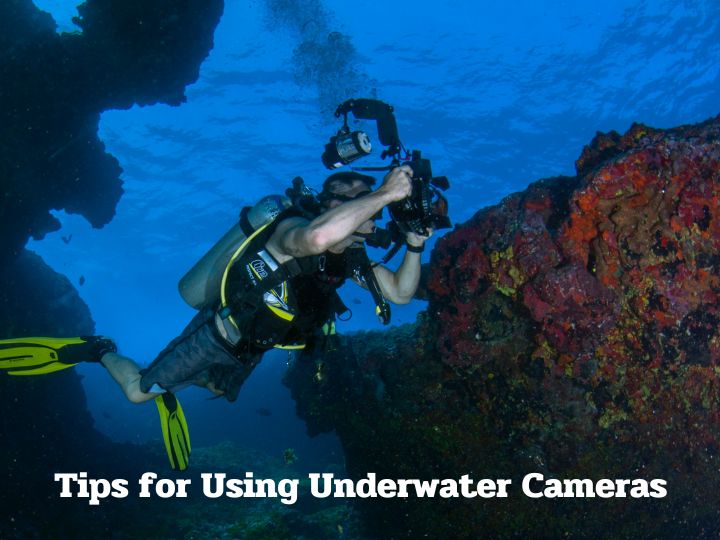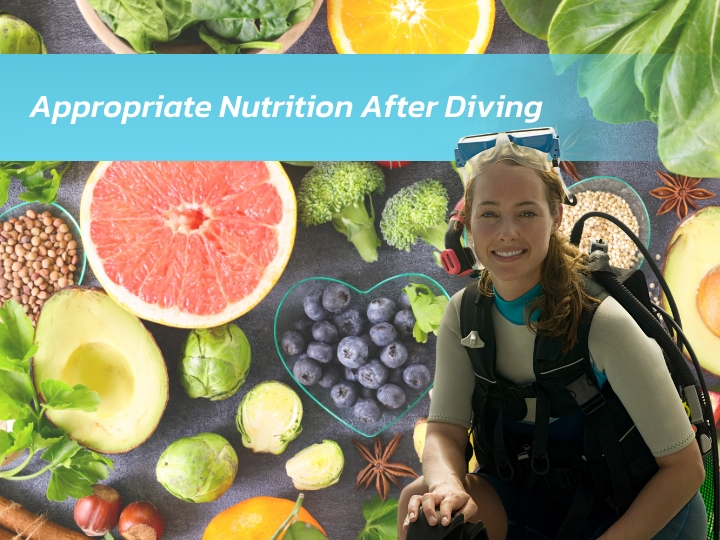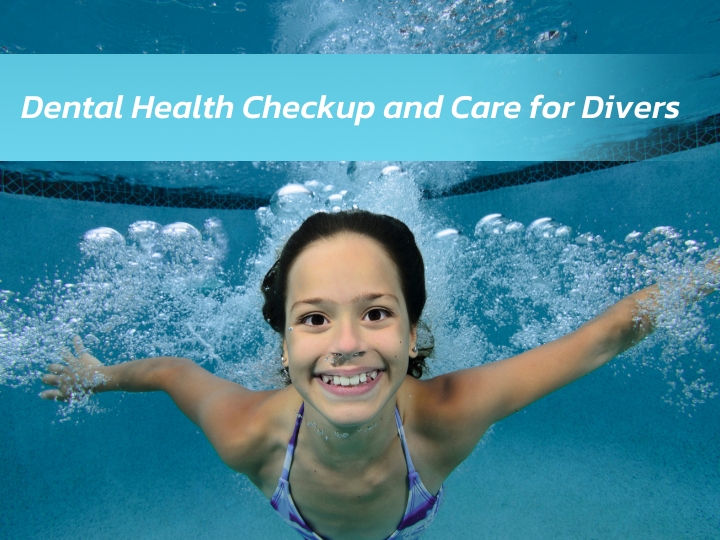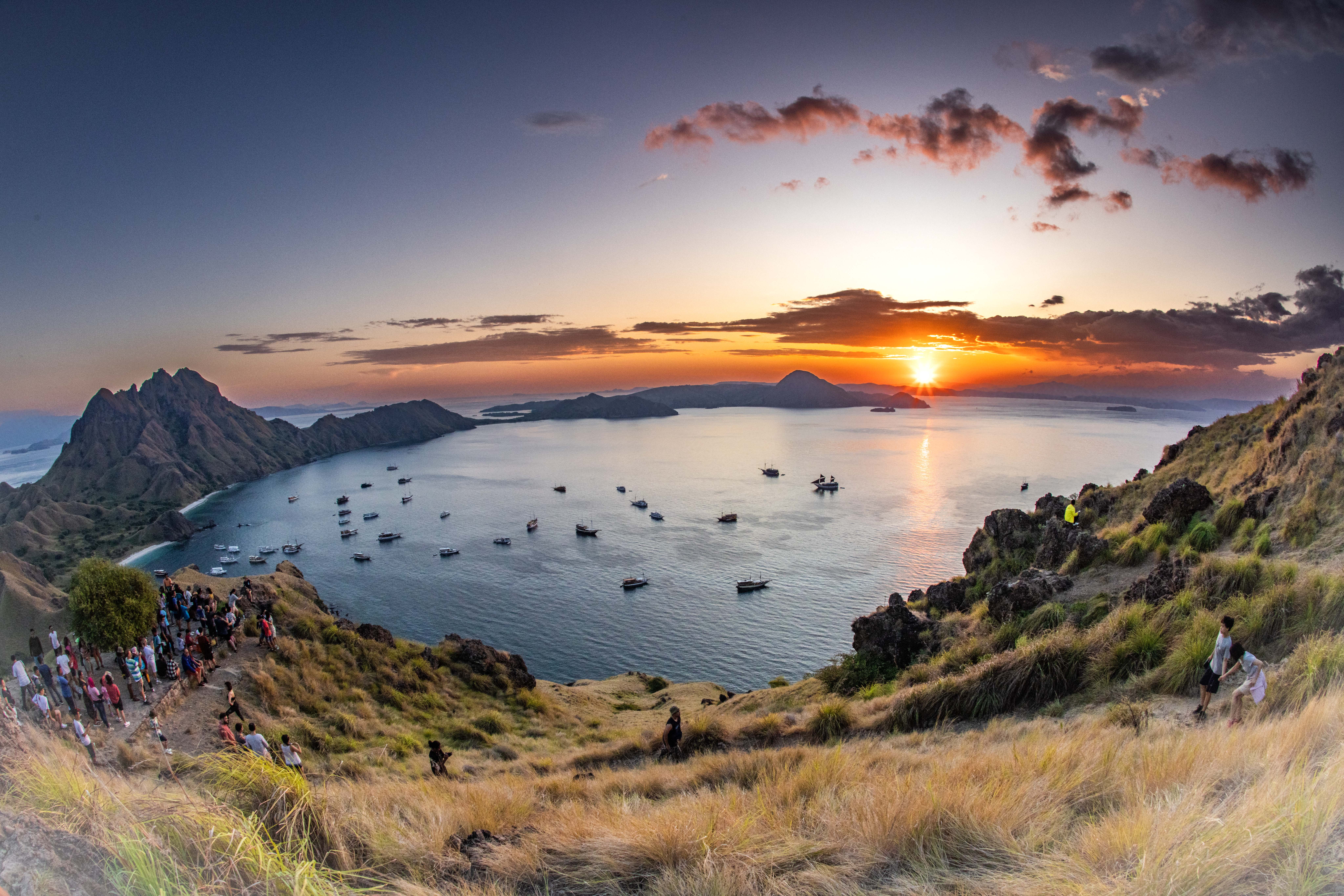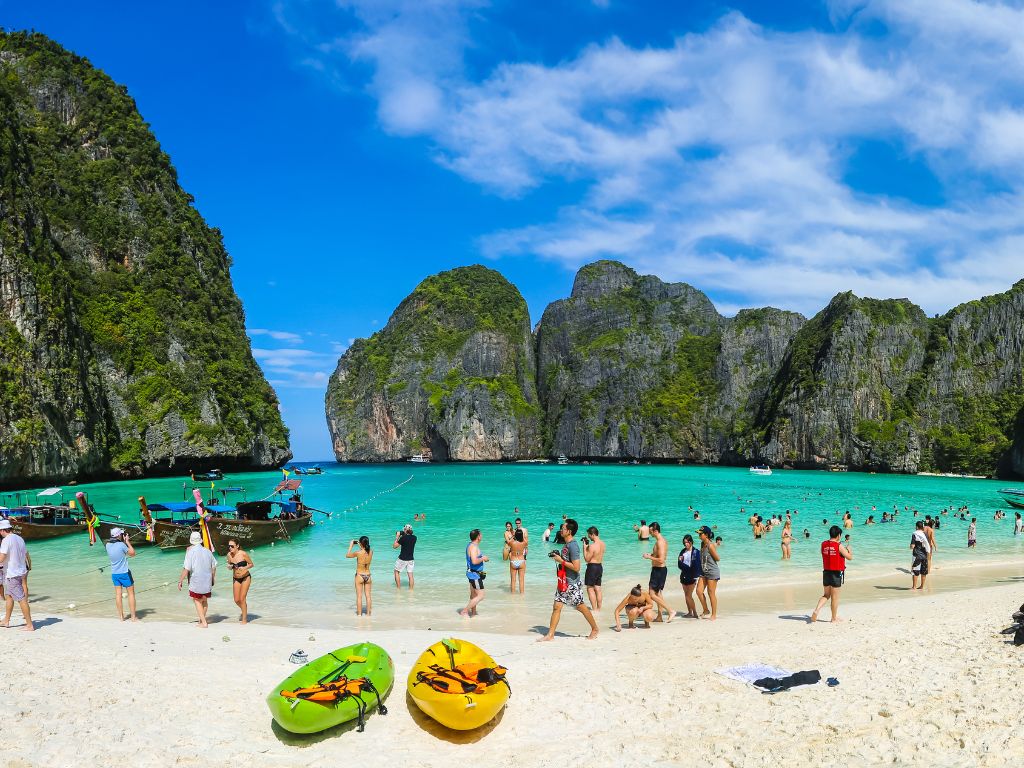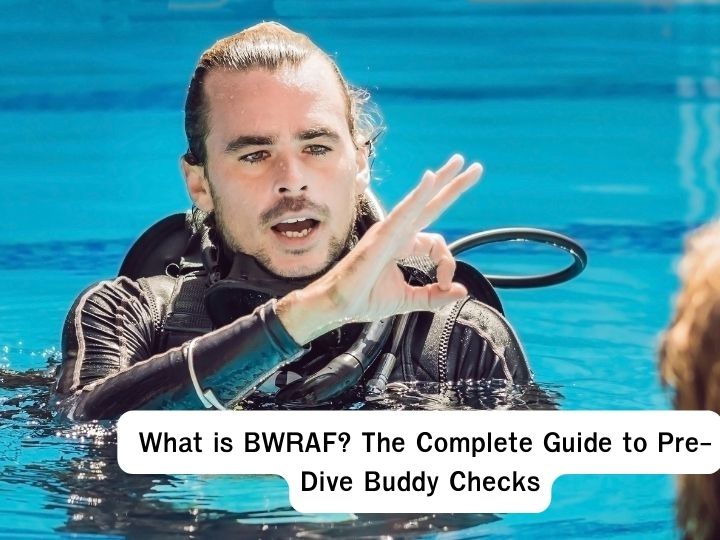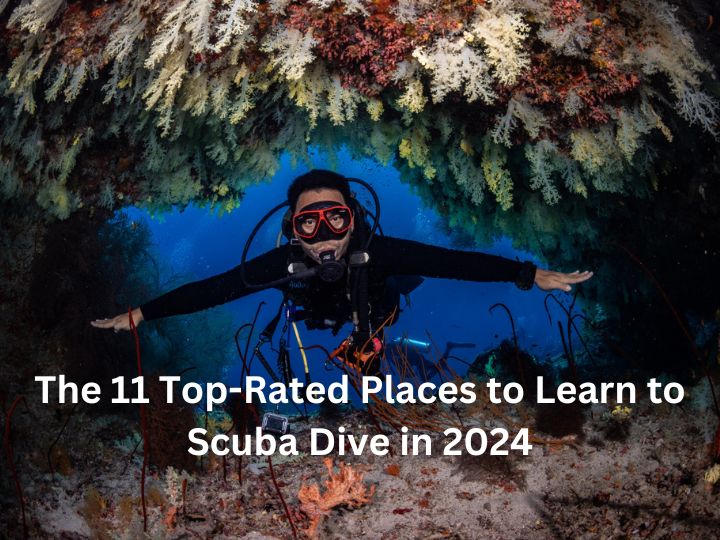
The 11 Top-Rated Places to Learn to Scuba Dive in 2024
Discover the best places to learn scuba diving in 2024. Experience unique underwater adventures with top-rated diving schools and ideal locations for beginners and experts alike.

1. Koh Tao, Thailand
Koh Tao is one of the most popular places for learning to scuba dive in Thailand. With crystal-clear waters and beautiful coral reefs, Koh Tao is home to numerous PADI-certified dive schools, ensuring high-quality training.
Why Choose Koh Tao
Koh Tao is safe and beginner-friendly, offering diverse marine life including whale sharks, sea turtles, and tropical fish. The island’s serene environment adds to the charm, making it a perfect spot for scuba diving.
2. Malta, Mediterranean Sea
Malta in the Mediterranean Sea is an excellent diving location with historic shipwrecks and underwater caves. The clear waters and favorable weather conditions make it a great place to learn scuba diving.
Highlights of Malta
Malta boasts a rich history and diverse culture, enriching your diving experience. The island has experienced and high-quality dive schools, ensuring safe and effective training.
3. Bali, Indonesia
Bali is a renowned tourist destination known for its stunning landscapes above and below water. The island offers vibrant coral reefs and diverse marine life, including manta rays and sharks, making it ideal for scuba diving.
Benefits of Diving in Bali
Apart from underwater beauty, Bali offers rich cultural experiences and delicious cuisine, making your diving adventure a complete package.
4. Kauai, Hawaii
Kauai, one of Hawaii’s beautiful islands, offers tranquil diving spots like Tunnels Beach. Known for its stunning coral formations and underwater caves, Kauai provides a thrilling diving experience.
Unique Aspects of Kauai
Diving in Kauai lets you encounter diverse marine life, including Nemo fish, sharks, and sea turtles. The island also features gorgeous waterfalls and lush forests for nature lovers.
5. Komodo Island, Indonesia
Known for the Komodo dragons, Komodo Island also offers excellent diving opportunities. Clear waters and pristine coral reefs, along with encounters with sharks, rays, and tropical fish, make it a fantastic diving destination.
Diving Experience in Komodo Island
Diving here provides a unique opportunity to explore diverse marine ecosystems and learn about underwater life, enhancing your diving skills.
6. Sipadan Island, Malaysia
Sipadan Island is one of the world’s best diving spots. It offers clear waters and abundant marine life, including hammerhead sharks, rays, and sea turtles, making it a top choice for divers.
Why Sipadan Island
Sipadan is well-preserved with strict access controls, ensuring the coral reefs and marine life remain pristine and undisturbed.
7. Boracay, Philippines
Boracay is a famous tourist destination in the Philippines, known for its clear waters and white sandy beaches. Popular diving spots like Yapak and Crocodile Island make it a great place to learn scuba diving.
Things to Do in Boracay
Besides diving, Boracay offers water sports like windsurfing and relaxing beach walks, making it a versatile destination for adventure and leisure.
8. Jeju Island, South Korea
Jeju Island in South Korea is an interesting diving destination with clear waters and vibrant coral reefs. The island offers year-round favorable diving conditions.
Diving Experience in Jeju Island
Diving here allows you to explore diverse marine life and understand the underwater ecosystem better, making it a great learning spot.
9. Great Barrier Reef, Australia
The Great Barrier Reef in Australia is one of the best diving locations globally, known for its clear waters and stunning coral reefs. Divers can encounter sharks, rays, and sea turtles in this underwater paradise.
Benefits of Diving in the Great Barrier Reef
Diving in this iconic location offers a chance to witness the world’s largest coral reef system, providing a unique and unforgettable experience.
10. Mornington Peninsula, Australia
Mornington Peninsula in Australia is another excellent diving spot with clear waters and beautiful coral reefs. The area offers diverse marine life, including sharks, rays, and sea turtles.
Diving Experience in Mornington Peninsula
Diving here allows you to enjoy the stunning underwater beauty and learn about the marine ecosystem in depth.
11. Seychelles, Mauritius
Seychelles in Mauritius is one of the best diving spots in the world. With clear waters and diverse marine life, including hammerhead sharks, rays, and sea turtles, Seychelles offers a top-notch diving experience.
Activities in Seychelles
Besides diving, Seychelles offers other water activities like windsurfing and beach strolls, providing a complete tropical adventure.

Essential Knowledge Before Learning to Dive
Learning to scuba dive is an exciting adventure, but there are several things you should know beforehand. Having the right information and preparation will ensure a safe and enjoyable experience.
1. Basic Diving Knowledge
Scuba diving encompasses various types, from snorkeling to deep diving. Each type has its methods and equipment. Understanding the type of diving you’re interested in is crucial before starting your training.
2. Pre-Dive Preparation
Proper preparation is vital before diving. You should undergo a health check to ensure no underlying conditions could pose a risk while diving. Additionally, familiarize yourself with diving equipment and its proper use.
3. Choosing a Dive School
Selecting a quality dive school certified by organizations like PADI or NAUI ensures safe and effective training. Research and read reviews about the dive schools you are considering to make an informed choice.
Benefits of Learning to Dive
Learning to dive offers numerous physical and mental health benefits, besides being a thrilling adventure. It also opens up opportunities to explore fascinating underwater life.
1. Physical Health Improvement
Diving is an excellent exercise that strengthens muscles and enhances body stamina. It also improves respiratory function and overall physical endurance.
2. Mental Health Enhancement
Scuba diving provides tranquility and the beauty of underwater nature, positively impacting mental health. It helps reduce stress and increase happiness in life.
3. Continuous Learning and Adventure
Diving is a continuous learning experience. You can explore marine life and understand the ocean’s ecosystem deeply. It is also an adventure that offers new and exciting experiences.

Tips for Learning to Dive
Learning to dive is an exciting and fun adventure, but several tips can help you have an even better experience.
1. Choosing the Right Diving Equipment
Selecting the appropriate and high-quality diving equipment is essential. Ensure the equipment fits your body size and shape. Always check the readiness of your gear before diving.
2. Practicing Underwater Breathing
Continuous practice of underwater breathing is crucial. Practice natural and unhurried breathing. Additionally, learn to control your breathing to conserve oxygen.
3. Maintaining Safety While Diving
Safety is the top priority while diving. Follow the rules and instructions of your instructor strictly. Proper preparation and gear inspection are necessary before each dive.
Interesting Places to Learn to Dive in 2024
Choosing the right place to learn diving is crucial as a good location enhances your overall experience.
1. Koh Tao, Thailand
Koh Tao is one of the most popular places for learning to scuba dive in Thailand. With crystal-clear waters and beautiful coral reefs, Koh Tao is home to numerous PADI-certified dive schools, ensuring high-quality training.
2. Malta, Mediterranean Sea
Malta in the Mediterranean Sea is an excellent diving location with historic shipwrecks and underwater caves. The clear waters and favorable weather conditions make it a great place to learn scuba diving.
3. Bali, Indonesia
Bali is a renowned tourist destination known for its stunning landscapes above and below water. The island offers vibrant coral reefs and diverse marine life, including manta rays and sharks, making it ideal for scuba diving.
4. Kauai, Hawaii
Kauai, one of Hawaii’s beautiful islands, offers tranquil diving spots like Tunnels Beach. Known for its stunning coral formations and underwater caves, Kauai provides a thrilling diving experience.
5. Komodo Island, Indonesia
Known for the Komodo dragons, Komodo Island also offers excellent diving opportunities. Clear waters and pristine coral reefs, along with encounters with sharks, rays, and tropical fish, make it a fantastic diving destination.
6. Sipadan Island, Malaysia
Sipadan Island is one of the world’s best diving spots. It offers clear waters and abundant marine life, including hammerhead sharks, rays, and sea turtles, making it a top choice for divers.
7. Boracay, Philippines
Boracay is a famous tourist destination in the Philippines, known for its clear waters and white sandy beaches. Popular diving spots like Yapak and Crocodile Island make it a great place to learn scuba diving.
8. Jeju Island, South Korea
Jeju Island in South Korea is an interesting diving destination with clear waters and vibrant coral reefs. The island offers year-round favorable diving conditions.
9. Great Barrier Reef, Australia
The Great Barrier Reef in Australia is one of the best diving locations globally, known for its clear waters and stunning coral reefs. Divers can encounter sharks, rays, and sea turtles in this underwater paradise.
10. Mornington Peninsula, Australia
Mornington Peninsula in Australia is another excellent diving spot with clear waters and beautiful coral reefs. The area offers diverse marine life, including sharks, rays, and sea turtles.
11. Seychelles, Mauritius
Seychelles in Mauritius is one of the best diving spots in the world. With clear waters and diverse marine life, including hammerhead sharks, rays, and sea turtles, Seychelles offers a top-notch diving experience.

Safe and Effective Diving
Scuba diving is fun and thrilling, but safety and proper training are key to enjoying the underwater world fully.
1. Training and Certification
Getting training and certification from reputable organizations like PADI or NAUI ensures you are well-prepared and safe while diving. Choose dive schools with experienced instructors and strict training programs.
2. Equipment Check
Always inspect your diving equipment before use. Ensure everything is in good condition and properly maintained. Regular equipment checks are essential for safety.
3. Breathing Practice
Consistent breathing practice is crucial. Practice natural and unhurried breathing, and learn to control your breathing to conserve oxygen.
4. Following Rules and Regulations
Follow the rules and guidelines provided by your instructor. Strict adherence to instructions ensures a safe and enjoyable diving experience.
Diving Tips for Beginners
Scuba diving is exciting and fun, but having some tips can enhance your experience, especially for beginners.
1. Pre-Dive Preparation
Preparation is vital before diving. Undergo a health check to ensure no underlying conditions could pose a risk. Familiarize yourself with diving equipment and its proper use.
2. Choosing Diving Locations
Selecting the right diving location enhances your experience. Clear waters and vibrant coral reefs offer a beautiful underwater world to explore.
3. Breathing Practice
Consistent breathing practice is crucial. Practice natural and unhurried breathing, and learn to control your breathing to conserve oxygen.
4. Learning About Marine Life
Learning about marine life enhances your diving experience. Understand the types of corals and fish you will encounter while diving.
The Future of Diving
Scuba diving is an evolving activity. Future advancements may introduce new technologies, making diving safer and more enjoyable.
1. Diving Technologies
New technologies, such as diving equipment with smartphone connectivity or underwater navigation systems, will enhance safety and comfort.
2. Environmental Conservation
Preserving the underwater environment is crucial. Developing regulations and promoting conservation will help keep coral reefs and marine life intact.
3. Training and Education
Ongoing training and education in diving techniques will improve skills and provide a deeper understanding of marine ecosystems.

Conclusion and Recommendations
Learning to scuba dive is an exciting adventure that opens up the beautiful underwater world. Choosing the right diving location, proper preparation, and following safety guidelines ensure an excellent and safe experience.
1. Selecting a Diving Location
Choosing a suitable diving location ensures quality training and a great experience. Research and select places that are safe and offer beautiful underwater nature.
2. Pre-Dive Preparation
Proper preparation is crucial. Undergo health checks and prepare diving equipment appropriately. Practice breathing and control emotions before diving.
3. Following Rules and Regulations
Strictly adhere to rules and instructor guidelines. Following instructions ensures a safe and enjoyable diving experience.
The Future of Diving
Diving is a continuously evolving activity. Future advancements may introduce new technologies, enhancing safety and enjoyment.
1. Diving Technologies
New technologies, such as diving equipment with smartphone connectivity or underwater navigation systems, will enhance safety and comfort.
2. Environmental Conservation
Preserving the underwater environment is crucial. Developing regulations and promoting conservation will help keep coral reefs and marine life intact.
3. Training and Education
Ongoing training and education in diving techniques will improve skills and provide a deeper understanding of marine ecosystems.
